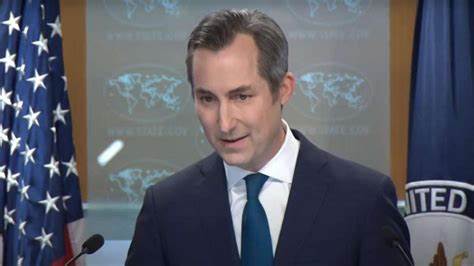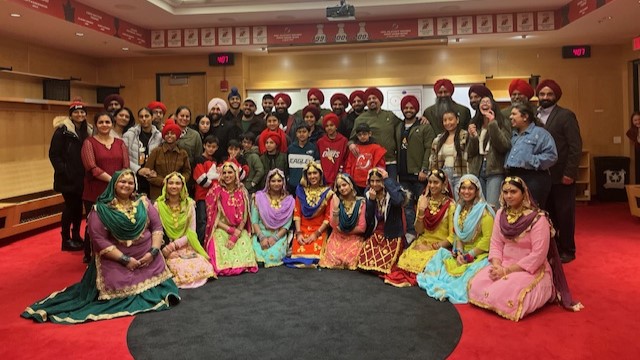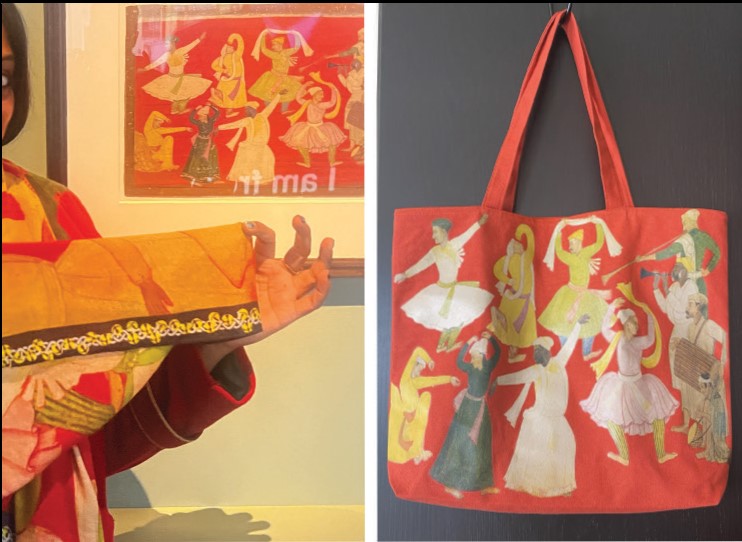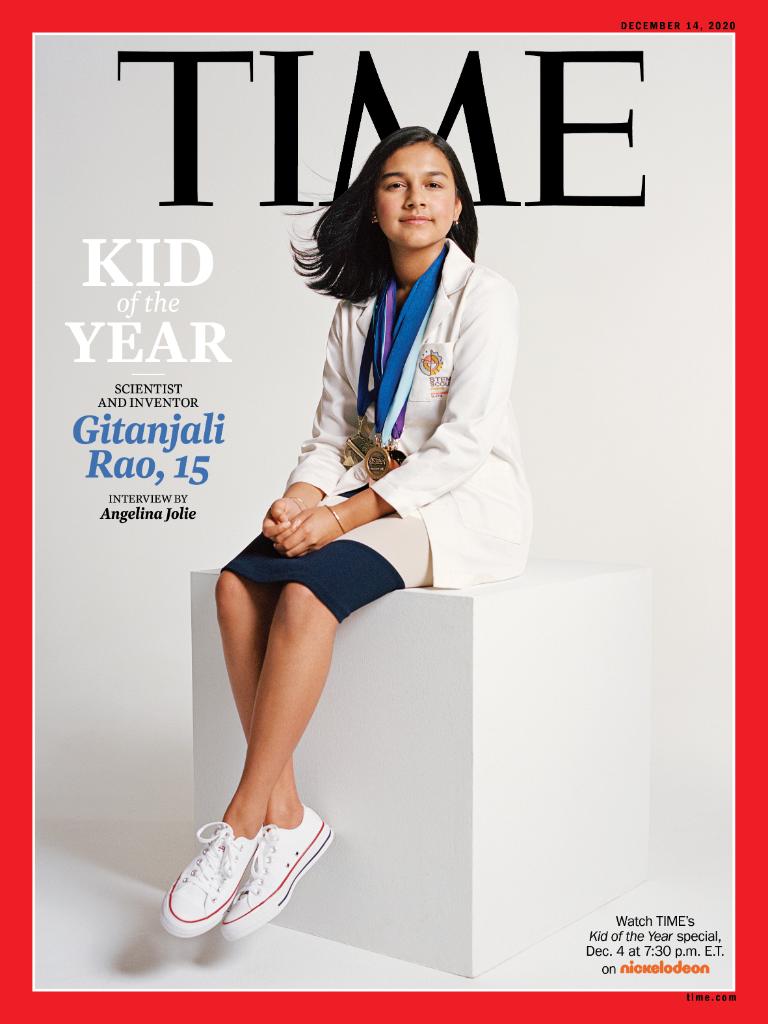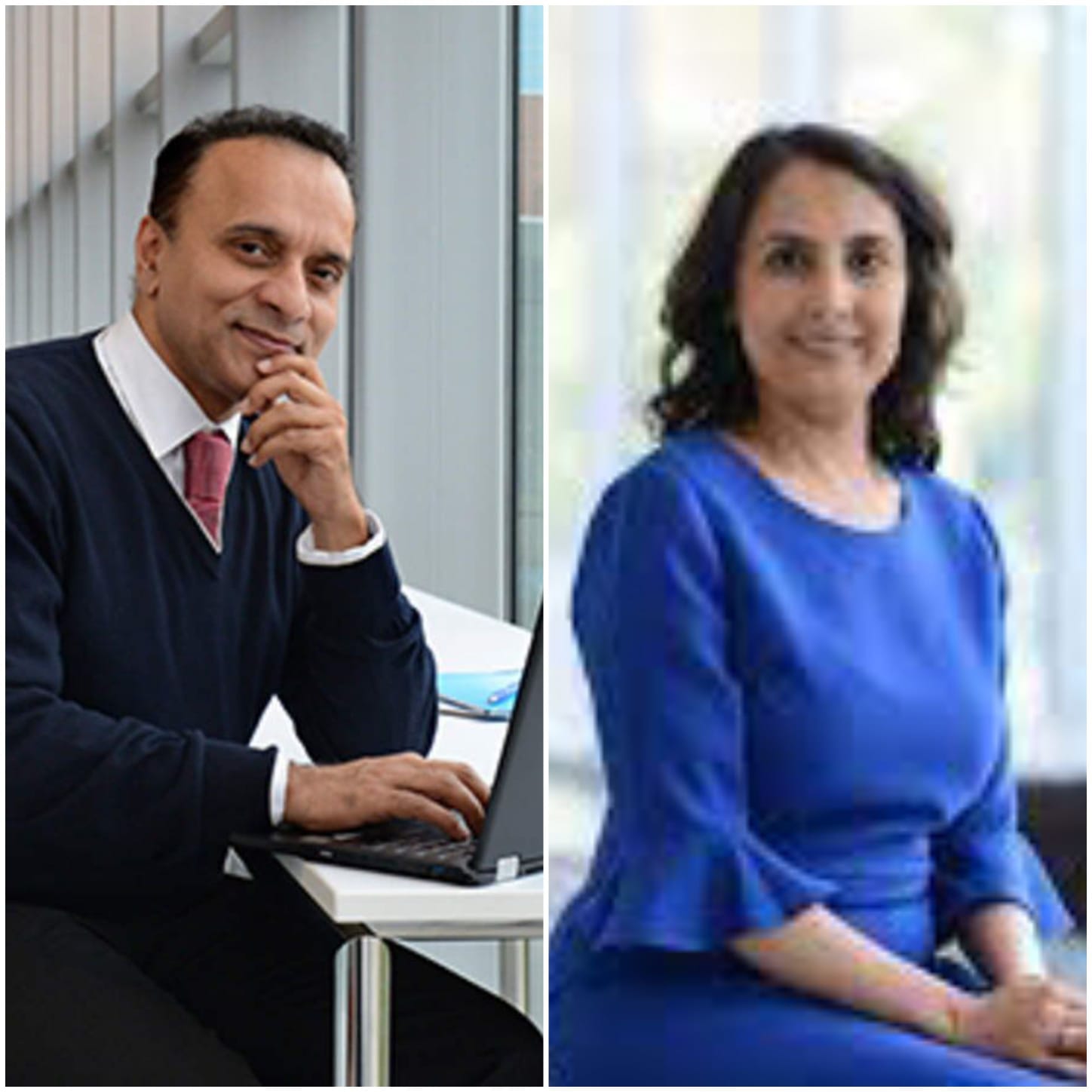US Midterm Elections 2022 A record 35 Indian American candidates ran in the high-stakes midterm elections from Arizona to Wisconsin
Our Bureau
New York/Washington, DC
This year has been the best for Indian American candidates, cutting across party lines, all over the country. The four current members of the all-Democrat Samosa Caucus, Ro Khanna and Ami Bera (California), Raja Krishnamoorthi (Illinois) and Premila Jayapal (Washington) easily cruised to re-election, and they have added a new member, Shri Thanedar, to their group.
In the states, at least 16 Indian American candidates have won their critical midterm elections and are making history across the country. “Once again, we saw that Indian American and South Asian American voters are one of the fastest-growing voting blocs in the nation, emphasizing what we already know: our power is growing,” said Neil Makhija, Executive Director of Indian American Impact.
“On Nov 8, we once again made history. Thank you for helping us provide critical support and get our candidates over the finish line. We couldn’t have done it without you, and we look forward to continuing to make history in future elections,” he added.

Aruna Miller
Aruna Miller made history as she became the first Asian American and the first immigrant elected lieutenant governor of Maryland with Army veteran and best-selling author Wes Moore becoming the state’s first Black governor. The Democratic pair of Moore and Miller, 58, defeated Trump-backed Republican Dan Cox and Gordana Schifanelli. With Moore-Miller win, for the first time both the top two positions in a state will be held by racial minorities.
“Maryland, tonight you showed the nation what a small but mighty state can do when democracy is on the ballot,” tweeted Miller Wednesday as networks projected the pair winner in a keenly watched race. “You chose unity over division, expanding rights over restricting rights, hope over fear,” she wrote. “You chose Wes Moore and me to be your next Governor and Lieutenant Governor.”
“Ever since I came to this country in 1972, I’ve never stopped being excited for the promise of America,” wrote Miller who came to the US with her parents as a seven-year-old child.
“I will never stop fighting to make sure that promise is available to everyone,” she added. “And this promise begins with a commitment to deliver a Maryland where we Leave No One Behind.”
“There’s no place I’d rather be than with voters! Our community has pushed us to be our best selves this campaign and I cannot even begin to put my gratitude into words for your commitment and support,” Miller tweeted earlier as voting was underway.
When he chose Miller, a former Maryland House delegate for two terms, as his running mate after winning the Democratic primary in July, Moore said he was “absolutely ecstatic and humbled to go on this journey with Aruna Miller.”
First elected to the Maryland House in 2010, Miller has spent four years on the House Ways and Means Committee and four years on the Appropriations Committee, working on issues like paid family leave, transportation policy, domestic violence, and STEM education, among others.
Miller, an engineer by training, learned English while in the public school system, graduated high school, and attended college at what is now called Missouri University of Science and Technology. She has worked as a transportation engineer for local governments in California, Virginia, and Hawaii. She moved to Maryland in 1990, where she worked for 25 years for the Montgomery County department of transportation.
Aruna is married to Dave Miller, with whom she has three daughters. She currently resides in Montgomery County.
Miller, a former executive director of Indian American Impact, was endorsed by the organization working for greater Indian-American representation at all levels and several other prominent Indian-American organizations.


Nabeela Syed
Another Indian American woman who had a big win is Nabeela Syed. The 23-year-old Indian-American Muslim woman has made history by becoming the youngest person to win a House seat in Illinois. Syed, a Democrat, also becomes the first South Asian in the state legislature.
In winning the 51st House district in the Nov 8 midterm elections, Syed also flipped Republican-held suburban district defeating incumbent Chris Bos. An elated Syed took to Twitter to shared her happiness over her election. “My name is Nabeela Syed. I’m a 23-year-old Muslim, Indian-American woman. We just flipped a Republican-held suburban district,” she tweeted noting, “I will be the youngest member of the Illinois General Assembly.”
Syed contended that she won the election because she engaged in a conversation with people – to give them a reason to get involved in our democracy and hope for better leadership that represents their values.
“When I announced for State Representative, I made it a mission to genuinely engage in conversation with people – to give them a reason to get involved in our democracy and hope for better leadership that represents their values.” she wrote on Instagram. “We won this race because we engaged in that conversation.”
Born and raised in Illinois, Syed graduated from the University of California with a degree in Political Science and Business and served as the president of a pro-bono consulting organization that helped local businesses.
She currently works for a non-profit, helping them in digital strategy and supporting a myriad of civic engagement initiatives such as mobilizing voters, curbing sexual assault on college campuses, and enhancing gender equity, according to her official website.
She is also active in her religious community at the Islamic Society of Northwest Suburbs and advocates interfaith dialogue and aims to empower young Muslim women to lead, according to her website.

Shri Thanedar
In another big victory for the community, Indian American entrepreneur-turned-politician Democrat Shri Thanedar has become the first person of Indian descent to be elected to the US Congress from Michigan state in upper Midwestern United States.
Thanedar’s win, who ran unsuccessfully for the Democratic party nomination for governor in 2018, would add a fifth member to the ‘Samosa caucus’ – as the Desi lawmakers in the Congress have nicknamed themselves.
Thanedar’s win represents a quintessential rags-to-riches story, having arrived in the US in the 70s with just 20 dollars in his pocket. After losing his father, Shri Thanedar worked as a janitor to support his studies and family, before working as a scientist at the Bhabha Atomic Research Centre in Mumbai.
A proud Maharashtrian, Thanedar who grew up in Belgaum in Karnataka, came to the US in 1979 in search of the American dream and now wants to serve the community he lives with. A PhD scientist, Thanedar grew up in a working-class family that suffered financial hardship He paid for his education by working as a teacher’s assistant, according to his official bio.
During that time, he earned just $300 a month and sent $75 each month to his family, who were dealing with financial hardship, so that they could put food on the table.
He then entered the private sector as an entrepreneur. For over 25 years, Thanedar built small businesses and created thousands of well-paying jobs that helped families. He is a three-time recipient of the “Entrepreneur of the Year” award by Ernst and Young.
Thanedar supports progressive solutions, including the $15 minimum wage, because he knows how important it is for Michigan families to have opportunities to earn a good-paying wage with one job instead of needing two or three jobs to make ends meet, according to his website.
A record 35 Indian American candidates ran in the high stakes midterm elections from Arizona to Wisconsin. At the federal level, eight Indian American candidates ran for seven House seats with incumbent Democrat Ro Khanna engaged in a contest with Republican Ritesh Tanden.
A dozen Indian Americans also ran for State assemblies in Florida, Georgia, Illinois, Iowa, Maryland, Michigan, New Hampshire Ohio and Pennsylvania. Six more are trying their luck in State Senates in Arizona, Michigan, Vermont and Washington. Nine others are vying for elective offices with Republican Harry Arora running for State Treasurer in Connecticut and Sim Gill for District Attorney in Salt Lake County, Utah.
All but three or four of the 35 Indian American candidates in the fray are Democrats.
As Indian Americans are almost 4.5million in population with a high concentration in critical competitions and swing states spanning Florida, Georgia, Arizona, Virginia, New Jersey, Texas, and California, they want their voice be heard on important issues and policy matters.
By all accounts, Indian American voters turned the tide for Democrats in 2020 in key battleground states and helped Joe Biden come to power. Now, they might have done the same in the midterm by joining the blue wall to stop the so-called red wave.

















